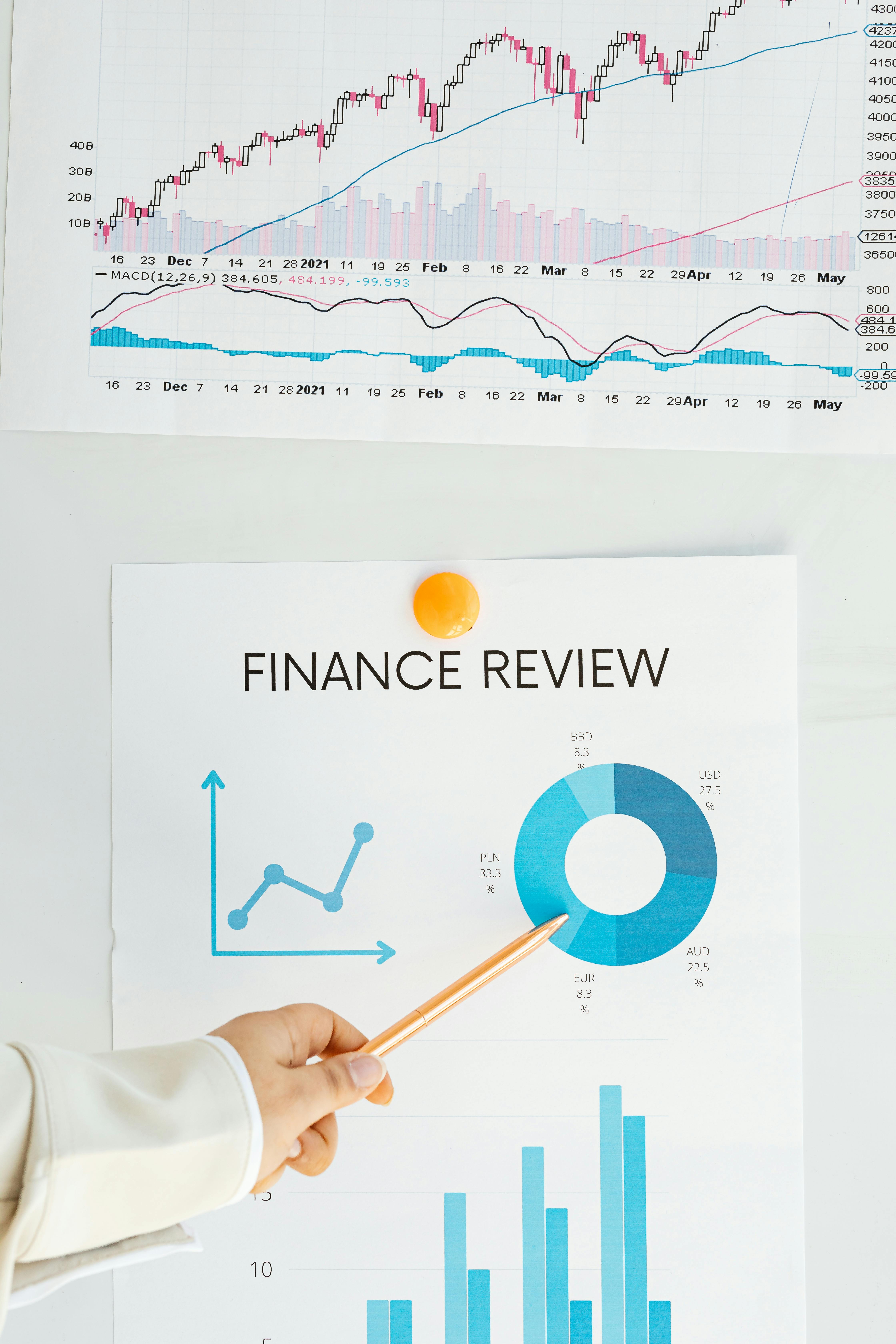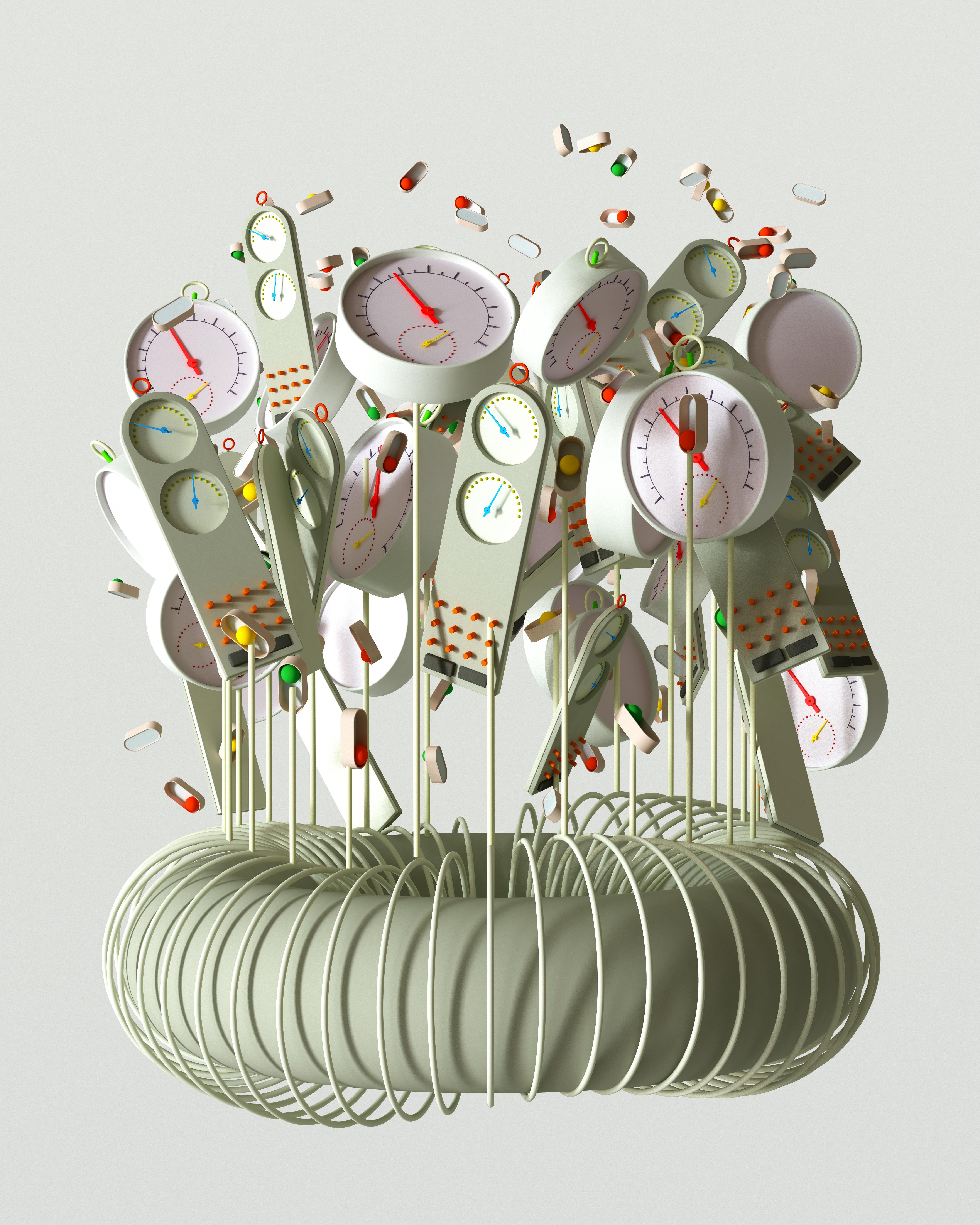Exploring the Pros and Cons: A Comprehensive Analysis of AI Apocalypse Scenarios

Artificial Intelligence (AI) stirs up a sort of awe-inspiring fear, largely due to the mystery that cloaks this technology. The ubiquity of AI in today's world is undeniable, as are the concerns associated with it. While for some, AI is seen as a beneficial tool capable of transforming society and the business landscape, for others it is a potential harbinger of catastrophe. As such, we need a balanced standpoint to truly appreciate the pros and cons of AI.
The Proliferation of Artificial Intelligence
Artificial Intelligence is no longer the stuff of science fiction. It's a real, tangible technology impacting almost every aspect of our lives. Every time you ask Siri a question, get product recommendations from Amazon, or feed your social media habit, you're interacting with AI. Financial institutions use it to detect fraude, healthcare providers rely on it to diagnose diseases faster and more accurately, and in tech industries, it's used to develop smarter technologies with improved user experiences.
AI technology allows for improved productivity, better decision-making, and disruption in various industry processes. It presents numerous advantages, including the ability to analyze large volumes of data, learn from its interactions, and automate tasks, all of which contribute to substantial cost savings, increased efficiency, and heightened competitive advantages.
Confronting the AI Paradox
Despite the numerous advantages, the AI revolution has a dark side. Many fear that the rise of AI could result in job loss and unemployment, as machines and robots replace human labor. This concern is not unfounded as certain sectors, particularly those involving manual, repetitive tasks are vulnerable to AI takeover.
Moreover, AI advancements could potentially lead to the development of 'superintelligent' machines. These are AI systems that surpass human intelligence and thus, have the potential to outmaneuver humans. Additionally, there are concerns over data privacy and security, as AI systems have unlimited access to vast amounts of data.
Unveiling the Balanced View
Given both the potential benefits and risks associated with AI, the challenge lies in striking a balance. One way to accomplish this is through transparent and ethical AI development regulation. By encouraging the responsible use of AI, we can mitigate risks while fully leveraging its capabilities.
Moreover, businesses can restructure their operations to incorporate AI while also investing in their workforce. This could involve retraining staff to manage AI systems or piloting the transition to AI to ensure smooth changeover. By doing this, companies can find a middle ground where both employees and AI systems work in harmony.
The Future of Artificial Intelligence
AI's future is unpredictable, predominantly since the technology is in a continuous state of development. However, if managed correctly, AI has the potential to be a transformative force in our society.
Admittedly, it is essential to understand that AI can never truly replicate human creativity, intuition, and emotional intelligence. These aspects remain unique to human beings and form the core of our value in the job sector. As such, even as we make way for AI, there will always be a demand for the indispensable human touch in various sectors.
In conclusion, rather than resisting the rise of AI, we should acknowledge its potential and devise strategies to adopt this technology ethically, responsibly, and effectively. Only then can we truly unlock the potential of AI, with its benefits far outweighing its dangers.



